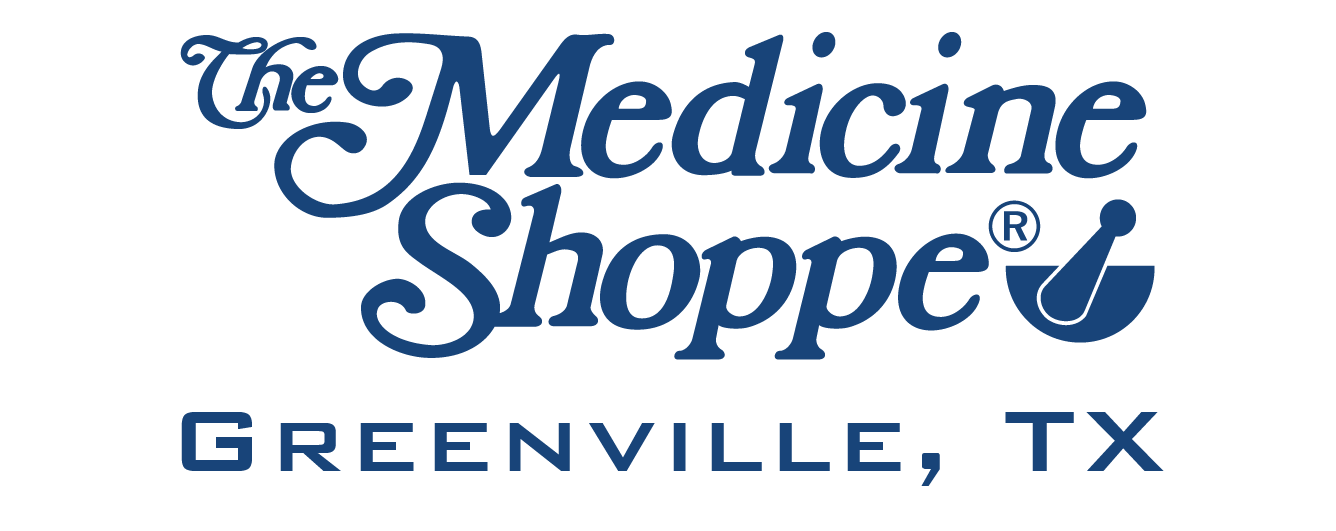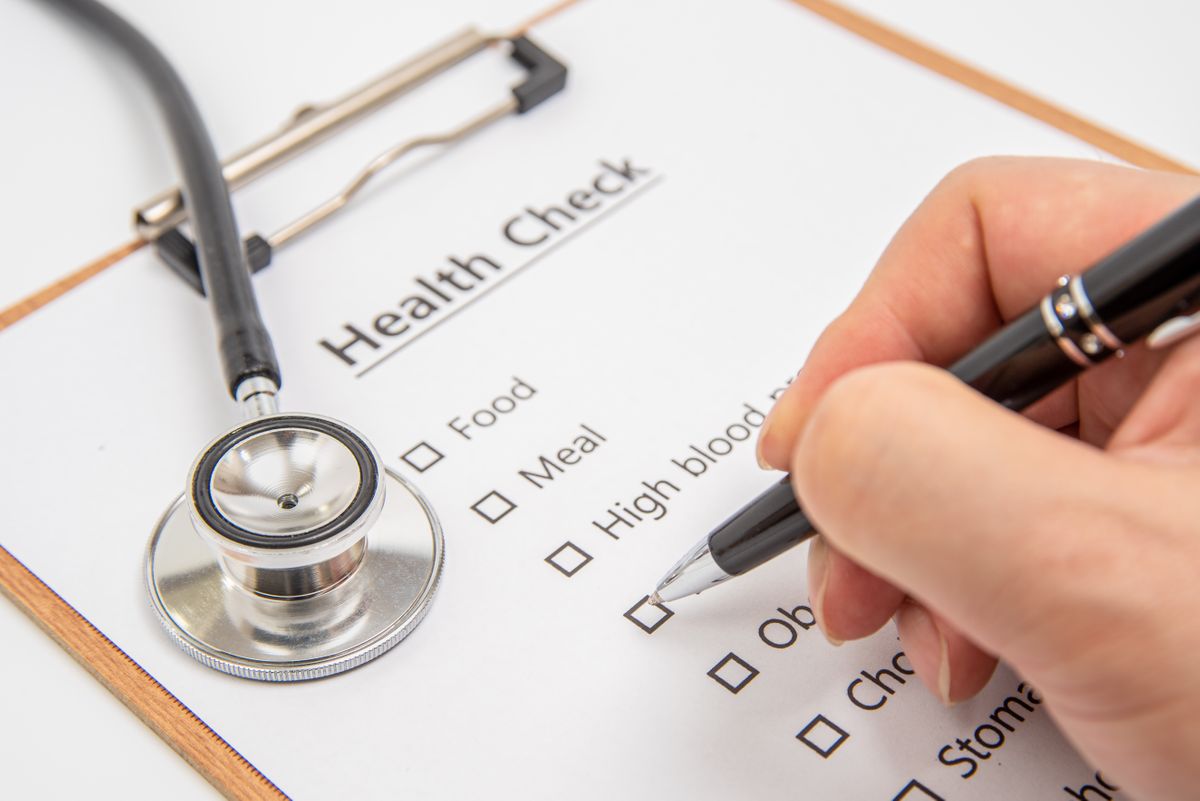An annual health check is more than just another appointment on your calendar. It's your chance to pause and pay attention to how your body is doing. Over time, small issues can build up without showing obvious signs. That’s why scheduling a routine check each year plays a big part in staying well long-term.
As we head into fall in Greenville, it’s a smart time to put your health at the top of the list. If it's been a while since your last visit to the doctor, now is a good time to reflect on any new symptoms or concerns. The purpose of an annual health check is to be proactive, not reactive. You want to catch things early, adjust what’s not working, and feel confident about your next steps moving forward.
What is an Annual Health Check?
An annual health check is a general overview of your physical well-being. It's usually done by your primary care provider, who checks for signs of new health problems and evaluates how your current conditions are being managed. The goal is to catch any changes early before they turn into bigger issues.
Here’s what a typical annual check might include:
- A full review of your personal and family medical history
- Discussion of any new symptoms you may have noticed
- Physical exam including height, weight, and blood pressure
- Routine blood work to check cholesterol, blood sugar, and other markers
- Review of current medications, vitamins, and supplements
- Vaccination updates based on your age and health profile
- Screenings for conditions like diabetes, heart disease, or cancer depending on your risk level
Think of it like a tune-up for your body. Just like you wouldn't drive your car for years without a check-up, the same logic applies to your health. Even if you feel fine, there might be silent changes happening in the background.
Questions to Ask About Your Current Health Status
Walking into your check-up with the right questions can really make a difference. You don’t have to wait for the provider to lead the conversation. Asking meaningful, straightforward questions helps get to the root of any concerns and makes sure you’re not missing anything important.
Here are a few helpful questions to bring up when talking about your current health:
- Have there been any unexpected changes in my weight?
- Do my lab results show anything I should be worried about?
- Is there anything unusual in my blood pressure or heart rate trends?
- Should I be concerned about the way I’ve been feeling lately?
- Are the symptoms I've noticed over the past few months related to any long-term conditions?
Even something like energy levels can give important clues. If you’ve been more tired than normal or dealing with new aches, it’s worth pointing out. Think back over the past year and take note of any health changes, even if they seem small. One patient we spoke with was dealing with slight foot swelling and assumed it was from standing too much. It turned out to be a warning sign of a heart issue that needed attention. Small changes aren't always small problems, so speak up.
Questions to Ask About Preventive Measures
Prevention is a key reason for getting an annual health check. Asking the right questions can lead to screenings, shots, or steps you didn’t know you needed. It also helps prepare you for the year ahead, especially as the seasons change and new health risks pop up.
Here are some good questions to ask:
- Are there any vaccines I’m due for?
- Based on my age and medical history, should I be screened for anything specific?
- Is it time for my next mammogram, colonoscopy, or other age-related test?
- What steps can I take now to avoid common illnesses later this year?
- Do I need blood work to check for any changes since last year?
These are questions that not only keep you informed but also give your care provider a fuller picture of your current health needs. It works both ways. When you ask, you stay involved in your own care, which helps your provider make better decisions with you.
Questions to Ask About Medication and Treatment
Your annual health check is a great chance to talk with your provider about your current medications. Whether you’ve been on the same treatment plan for years or recently started something new, it’s a good time to review how things are going. Medications often need to be adjusted with age, lifestyle changes, or new health conditions, so don’t assume that what worked last year still makes sense now.
You can use this time to ask simple but important questions like:
- Are my current medications still appropriate for my condition?
- Should I be concerned about interactions with any supplements I’m taking?
- Have there been any updates or new treatment options for my health conditions?
- Are there medications that could offer fewer side effects or work better for me?
- What signs should I watch for that might mean a dosage change is needed?
It’s also helpful to discuss how well you’ve been sticking to your treatment plan. If you’ve missed doses or found it hard to manage your schedules, be open about it. You and your doctor can talk about easier ways to stay on track. One patient in Greenville shared they were forgetting their midday blood pressure pill, and their provider moved it to the morning with their other medications, which made a big difference in keeping things consistent. Changes like that aren't complicated, but you have to bring them up first.
Questions to Ask About Lifestyle and Diet
Fall is a natural reset point. As the summer winds down and routines change, there’s often more structure in people’s days. That makes it a good time to bring up questions about lifestyle and food choices during your annual check. No need to overhaul everything at once, but a few small shifts can help a lot over time.
Here are some questions to consider:
- What changes can I make to improve my energy levels during the day?
- Are there simple ways to eat healthier that fit with my schedule and budget?
- How much physical activity should I aim for during the week?
- Are there signs to watch out for that suggest poor sleep or stress is hurting my health?
- Would working with a nutritionist or fitness coach benefit me based on my health goals?
Don’t feel embarrassed to ask about the basics. How you sleep, move, eat, and manage stress all play a big part in your health, and your doctor wants to hear about these things. Bring up anything you’re struggling with, like trouble drinking enough water or feeling tired all the time. Sometimes small tips, like preparing meals ahead or setting a step goal, can help you feel better without a huge lifestyle shift.
Greenville Medicine Shoppe is Here to Help
Checking in with your provider once a year is about more than running tests or updating records. It’s your best shot at getting your questions answered, your needs addressed, and your care plan in shape for the months ahead. Don’t wait until something feels wrong. That yearly visit is your moment to pause, take stock, and make sure you’re setting yourself up for a healthier future.
When you ask thoughtful questions, you make that appointment count. Whether it’s talking through medication concerns, discussing your diet, or figuring out how to avoid future health issues, showing up prepared helps you walk away feeling informed and confident. If you’re in Greenville and planning your next check-up, know that support, answers, and guidance are always within reach.
Taking charge of your health with an annual health check is one of the simplest ways to stay on top of your wellness. Greenville Medicine Shoppe understands how important your health is and offers the resources you need to stay informed and proactive. Learn how we can support your journey toward a healthier, more confident you.

